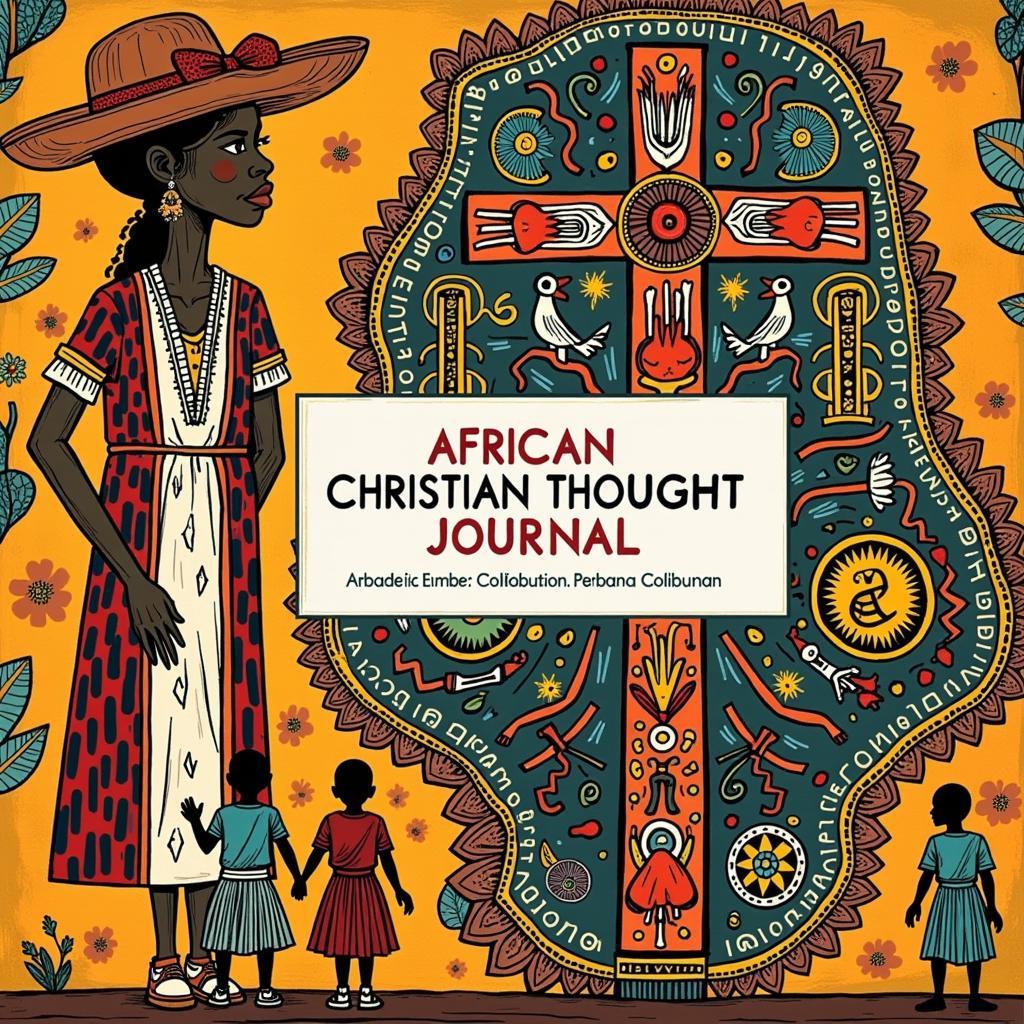African Countries on the World Map: A Comprehensive Guide
Africa, the second-largest continent in the world, is a land of incredible diversity and rich history. Home to 54 countries, it boasts a vibrant tapestry of cultures, languages, and landscapes. This comprehensive guide will take you on a journey across the African continent, exploring its fascinating geography, diverse cultures, and unique characteristics.
Where is Africa on the World Map?
Africa is situated in the Eastern Hemisphere and is the only continent that encompasses both the Northern and Southern Hemispheres. It is bordered by the Mediterranean Sea to the north, the Atlantic Ocean to the west, the Indian Ocean to the east and south, and the Red Sea to the northeast. Its unique geographical position makes it a bridge between Europe, Asia, and the Americas.
African Countries on the Map: A Visual Journey
To understand the vastness of Africa and its diverse regions, let’s take a visual journey through some of its key geographical features:
1. North Africa: This region is characterized by the Sahara Desert, the world’s largest hot desert, and the Atlas Mountains. It includes countries like Egypt, Morocco, Algeria, Tunisia, and Libya.
2. West Africa: Known for its lush rainforests, savannas, and coastal plains, West Africa is home to countries like Nigeria, Ghana, Senegal, and Ivory Coast.
3. Central Africa: Covered in dense rainforests, the region is rich in biodiversity and resources. Central Africa includes countries like the Democratic Republic of Congo, Gabon, and Cameroon.
4. East Africa: A region of stunning landscapes, including the Great Rift Valley, Mount Kilimanjaro, and the Serengeti National Park, East Africa is home to countries like Kenya, Tanzania, Uganda, and Ethiopia.
5. Southern Africa: Characterized by its diverse landscapes, including the Kalahari Desert, the Drakensberg Mountains, and the Cape Floral Kingdom, Southern Africa includes countries like South Africa, Botswana, Namibia, and Zimbabwe.
Understanding African Countries: More Than Just Geography
While the map provides a visual understanding of Africa’s location and its major regions, it’s important to go beyond the geographical borders and delve into the diverse tapestry of its cultures.
1. Language and Culture: Africa is a melting pot of languages, with over 2,000 different tongues spoken across the continent. Each country has its unique cultural heritage, traditions, and customs, creating a rich mosaic of human experience.
2. Religion and Spirituality: Religion plays a significant role in the lives of many Africans. Islam, Christianity, and traditional African religions are prevalent across the continent, with various denominations and beliefs.
3. Music and Arts: The musical heritage of Africa is as diverse as its people. From traditional drumming and singing to modern genres like Afrobeat, hip-hop, and jazz, African music has a global influence. Likewise, African art, encompassing sculpture, painting, textiles, and beadwork, showcases the artistic creativity and cultural expression of its people.
4. Food and Cuisine: African cuisine is a celebration of diverse flavors and ingredients, influenced by geography, climate, and cultural traditions. From the flavorful stews and grilled meats of West Africa to the spice-infused dishes of East Africa, food is a central element of African culture.
5. Wildlife and Conservation: Africa is renowned for its rich biodiversity and wildlife, with vast national parks and reserves home to iconic animals like elephants, lions, giraffes, and zebras. Conservation efforts are crucial to protect this precious natural heritage.
Navigating African Countries: A Global Perspective
Africa is a continent with a complex history, facing challenges and opportunities. Understanding its unique characteristics and contributions to the global community is essential.
1. Economic Growth and Development: Africa is experiencing rapid economic growth, with many countries showing significant progress in various sectors. However, challenges remain, including poverty, inequality, and limited access to resources.
2. International Relations and Cooperation: Africa is a key player in international affairs, engaging in diplomacy and collaboration with other nations. The African Union (AU) plays a vital role in promoting unity and cooperation among African countries.
3. The Future of Africa: As Africa continues to grow and develop, it holds immense potential to contribute to the global community. Investing in education, infrastructure, and sustainable development is crucial for realizing this potential.
FAQs
1. What is the largest country in Africa?
The largest country in Africa by land area is Algeria, covering over 2,381,741 square kilometers.
2. What is the most populous country in Africa?
The most populous country in Africa is Nigeria, with an estimated population of over 200 million.
3. Which African countries are landlocked?
There are 16 landlocked countries in Africa, including Chad, Mali, Niger, and Zambia.
4. What is the official language of most African countries?
Many African countries have multiple official languages, often reflecting their colonial past and diverse ethnicities. English, French, Portuguese, Arabic, and Swahili are some of the most prevalent official languages across the continent.
5. What are some of the most popular tourist destinations in Africa?
Africa is a continent of stunning natural beauty and cultural richness, offering diverse experiences for tourists. Some popular destinations include the pyramids of Egypt, the Serengeti National Park in Tanzania, the Kruger National Park in South Africa, and the rainforest of Gabon.
6. What are some of the most significant challenges facing Africa?
Africa faces many challenges, including poverty, inequality, conflict, climate change, and inadequate access to healthcare and education.
7. How can I learn more about African countries?
There are numerous resources available to learn more about African countries, including books, documentaries, online articles, and travel blogs.
Conclusion
Africa is a continent of immense diversity and potential. From its vast landscapes to its rich cultures, it offers a unique and captivating experience for travelers and explorers alike. By delving into the history, geography, and people of Africa, we can gain a deeper understanding and appreciation for its contributions to the world.


